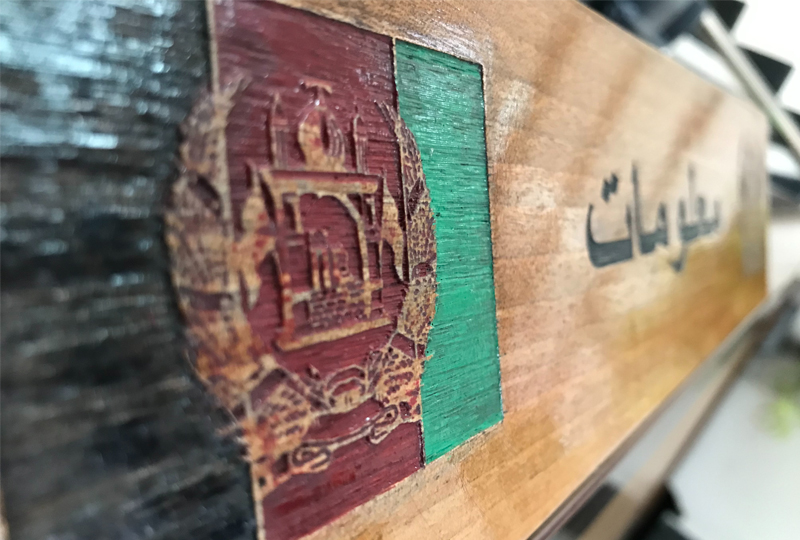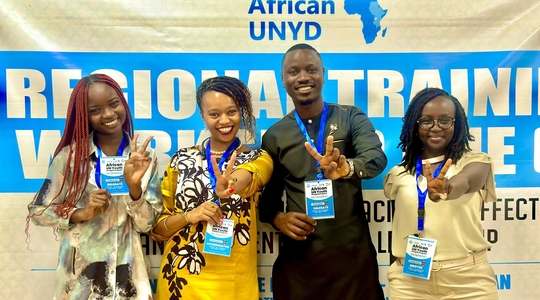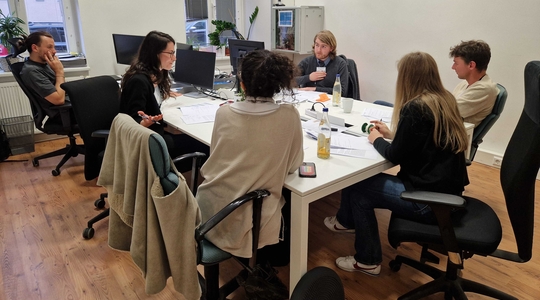Beyond the heartbreaking human tragedy which is unfolding before our eyes in Afghanistan these days, the events also raise questions for our work.
Although we have never been active in Afghanistan, we carry out the majority of our projects in unstable regions. In doing so, we support our local partners and encourage them to become (further) involved in civil society, political processes and to work for a peaceful resolution of conflicts. Together with them, we develop projects and implement them on the ground. In doing so, we are aware of our responsibility and therefore try to reflect the risk potential that arises from our cooperation in regular discussions with our partners. Our experience and the current example from Afghanistan show that they are the ones who, in the end hold accountable for our joint work, including serious personal consequences.
Fortunately, cooperation with civil society actors on the ground has become a central component of German foreign policy. This is expressly desired and encouraged by the German government and, in our case, the German Foreign Office.
The unbearable debate about who can or should be flown out (far too late) does not do justice to this importance and the achievements of local civil society actors. Initially, the local forces of the German Army (Bundeswehr) were at the center of the debate. Only since Kabul has come under Taliban control have local forces that have worked with German partners in the context of development and international cooperation been increasingly mentioned.
All those Afghans who worked for local organizations, who cooperated with German governmental and non-governmental organizations, and who were often mainly responsible for the concrete activities within the projects, still hardly appear in the debate. They will probably wait in vain for a legal opportunity to enter Germany. In the end, they alone, and in some cases even with their lives, have to take responsibility for what was described as a joint project of German and Afghan partners.
These thoughts are on our minds these days and we are also discussing this with our current and past partners. We do not yet know the outcome of these thoughts and their consequences for us and our cooperation with local partners and for German foreign policy as such. However, we very much hope that there will be an overall reflection on responsibility, respect and recognition towards our local partners worldwide, without whom we would not be able to do our work.



